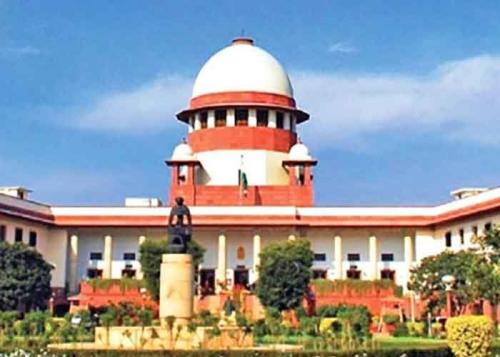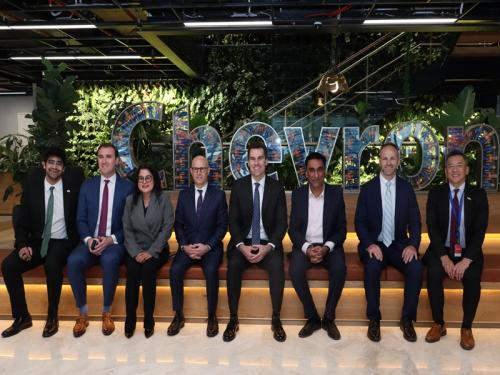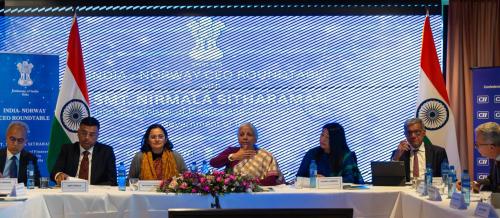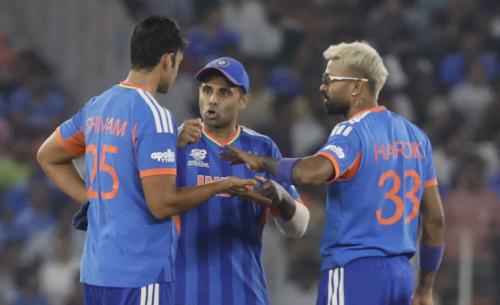New Delhi, May 19 (IANS) Covid-19 vaccination programmes across Africa and much of the developing world will suffer big delays after India, the worlds biggest vaccine producer, said that it would not be exporting the Oxford/AstraZeneca vaccine until the end of the year, The Guardian reported. The decision is likely to leave the Covax global vaccine-sharing facility, which helps the poor countries, facing a shortfall of hundreds of millions of doses, the report said. "We continue to scale up manufacturing and prioritise India … We also hope to start delivering to Covax and other countries by the end of this year," Adar Poonawalla, the chief executive of Serum Institute of India (SII), said on Tuesday. SII had paused deliveries of the AstraZeneca vaccine in March, diverting for domestic use doses that were to be distributed across the developing world. It had been widely hoped that supplies of the AstraZeneca shot, which is suitable for use in countries with weak infrastructure and many poorer countries, would begin again in June or October, the report said. However, India is battling a wave of infections that has killed more than 283,000 people, according to official figures that many experts believe are substantial underestimates, the report said. The World Health Organization (WHO), a co-leader of Covax, has called on vaccine makers outside India to advance supplies to the programme to make up the shortfall. Covax aims to provide vaccines to the developing world in 2021, a target that was always optimistic and now looks impossible to achieve, as per The Guardian. The delays will hit India's neighbours hard. Nepal and Bangladesh are making frantic diplomatic efforts to secure vaccines to prop up their faltering inoculation drives as their stocks run out. Bangladesh said it urgently needed 1.6 million shots of the AstraZeneca vaccine to provide second doses. Nepal, which started its vaccination drive in January with 2.35 million AstraZeneca doses provided by India and Covax, also said it had no stocks and more than 1.55 million people were awaiting second doses. "People above 65 and others in risk groups who received their first shots of the Indian vaccine are waiting for their second," said Jhalak Gautam, the head of the vaccine section of the ministry of health and population in Nepal, as per the report. "It's already overdue," he said, adding that SII was yet to deliver 1 million shots that Nepal bought, it said. Covax has a deal with SII to deliver 1.1bn doses of either the AstraZeneca vaccine or the newer Novavax shot, which has still to obtain regulatory approval. The delays raise the prospect of billions of people around the world waiting until 2022 or even 2023 for vaccination, which may allow new and potentially more harmful variants of the virus to emerge, the report said. Nearly one in three recorded deaths from Covid worldwide are occurring in poor and lower-middle income countries, statistics from earlier this month revealed, up from 9.3 per cent of global deaths earlier this year. US President Joe Biden said on Monday that the US would export at least 20 million doses of the Pfizer/BioNTech, Moderna and Johnson & Johnson shots, on top of 60 million AstraZeneca doses he had already planned to give to other countries. The US President's announcement came as the WHO Director General, Tedros Adhanom Ghebreyesus, warned the world had reached a situation of "vaccine apartheid". The WHO said last month that Africa had given fewer than 2 per cent of vaccines administered globally and was being left behind. There have been 4.7 million infections and 1.26 lakh deaths from Covid in Africa, according to official figures, though experts believe these do not reflect the true total, The Guardian reported.
Delay in vax export by India to deal blow to poorer countries: Report
- by Rinku
- May 19, 2021 2 minutes
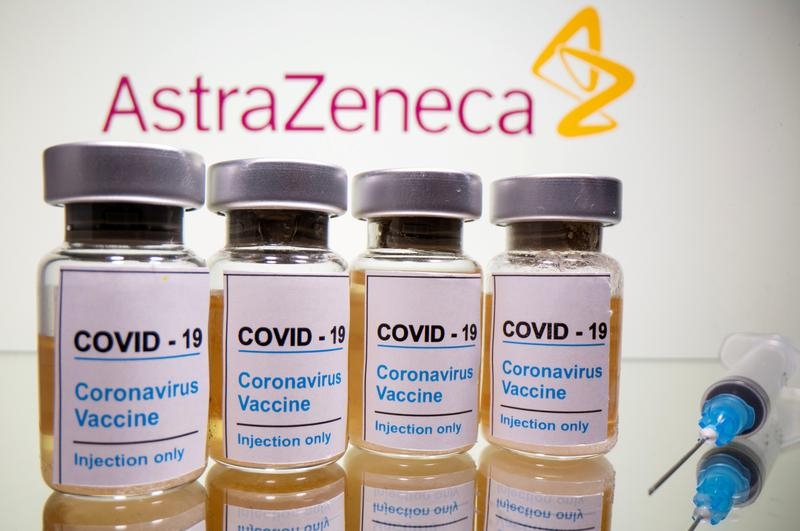
'-- IANS




